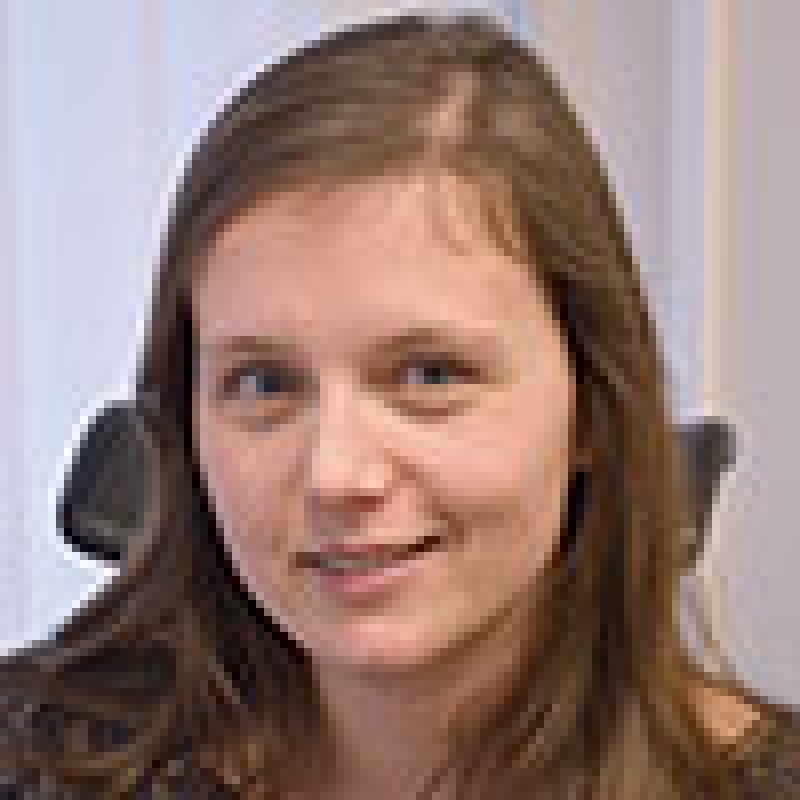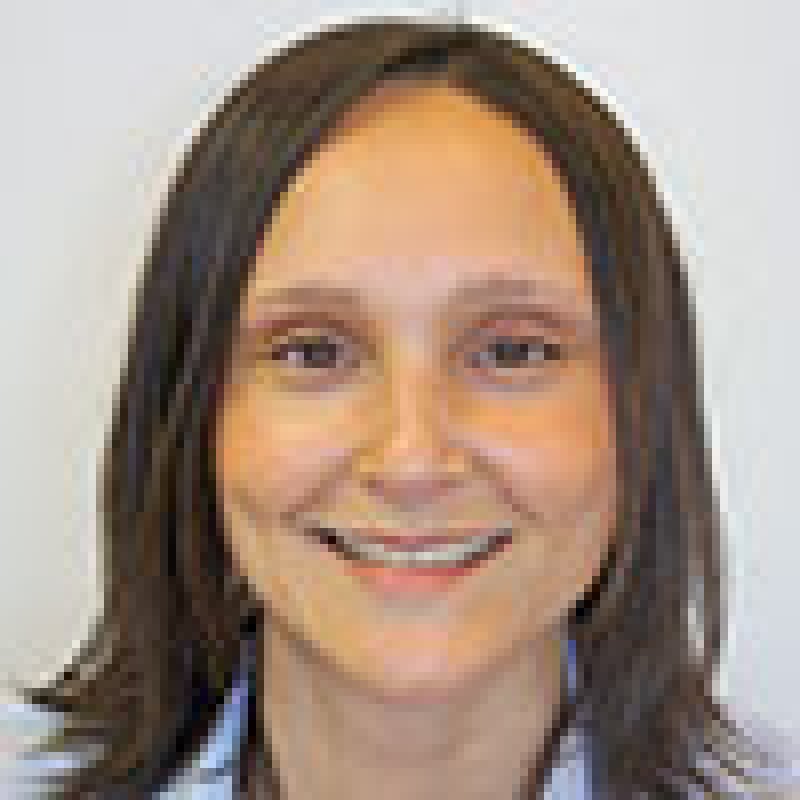In Belgium, a patent is automatically granted, meaning the grant procedure does not involve a substantive examination of the application, with the provision that a search report has been issued.
In some cases, obtaining just a filing date can be strategically useful. The new Belgian patent law that entered into force on September 22 2014, is now in line with the Patent Law Treaty requirements (PLT) regarding the obtaining of a filing date in Belgium.
Upon filing, the Belgian Patent Office needs to receive at least the following three elements :
An explicit or implicit indication that the filed elements are intended to be a patent application (request form).
Indications that will allow the Office to establish the identity of the applicant and to get in touch with the applicant.
A part which seems to be a description at first sight.
According to further provisions, in order to obtain a filing date, the two first elements mentioned above should be prepared in the Belgian national language (Dutch, French or German) prescribed in accordance with the Belgian laws on the use of languages in administrative matters. Since Belgium is divided into four language areas, the applicable language needs to be checked by the applicant in order to fulfil this language requirement. In short, it means that a company based in the Flemish part of Belgium should file the first two elements in Dutch, a company based in the Walloon part of Belgium should use French and an entity which resides in the east of Belgium can use German or French. Finally, a company which resides in Brussels can choose between Dutch and French.
In contrast, the third element, including the part that seems to be a description, may be filed in any language. However, a translation of that part in the applicable Belgian national language has to be filed within a period of three months from the filing date.
Interestingly, to fulfil this third requirement a mere drawing is enough. This is an important advantage when the applicant does not have a written description available upon filing.
Note that when the application does not satisfy the aforementioned conditions, the Office will notify the applicant and ask him to regularise the application. However, the official filing date will be the date on which all the conditions are met. It is thereby recommended to make sure the request of filing is in the right language!
Since there are few elements you have to provide in order to obtain a filing date in Belgium, this process can happen in a very short time frame. However, a patent application which is prepared as completely and thoughtfully as time permits is strategically more useful, provided of course it is filed in the right language.

|

|
Maja Vanhalle |
Cathy Kourgias |
Gevers & OresHolidaystraat, 5B-1831 Diegem - BrusselsBelgiumTel: +32 2 715 37 11Fax: +32 2 715 37 00www.gevers.eu










